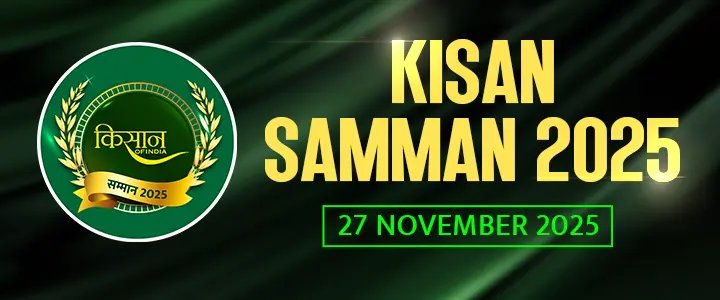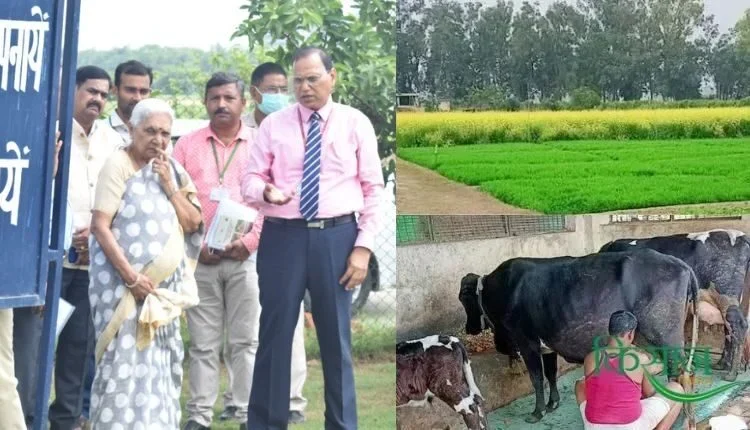Dr. Rajiv Kumar Singh says that the main objective of the integrated farming model is to increase the income of the farmers. Farmers can do poultry farming, fish farming, bee keeping, sericulture, vegetable-fruit production, mushroom cultivation along with their main crop at one place.
80 percent of the country’s small farmers are those who have less than 2 hectares of land. Agricultural scientists of the country are engaged in the promotion of how the Integrated Farming Model can prove to be a boon for these farmers.
Indian Agricultural Research Institute, Pusa, New Delhi has prepared a model of integrated agriculture on 1.0 hectare of land for small and marginal farmers. Uttar Pradesh Governor Anandiben Patel, who reached Pusa Delhi on July 25, took stock of this integrated farming model. The Governor appreciated the Integrated Farming System, IFS Model.
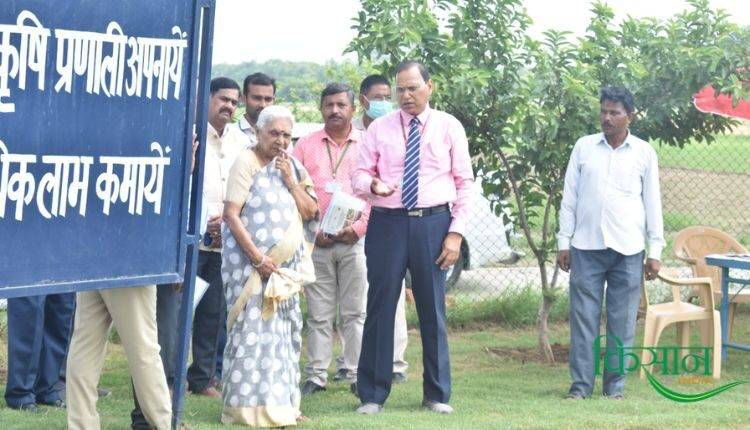
During this, the Director of ICAR-IARI, Dr. A.K. Singh, Principal Scientist of Agronomy Division of Indian Agricultural Research Institute, Dr. Rajiv Kumar Singh, scientists and officials of many prestigious agricultural institutions were also present. Dr. Bijendra Singh, Vice Chancellor of Acharya Narendra Dev University of Agriculture and Technology, Kumarganj Ayodhya (NDUAT), Dr. D.R. Singh, from Bihar Agricultural University (BAU), Dr. N.P. Singh, as well as Dr. R.K. Mittal and Dr. Raj Singh were also present.
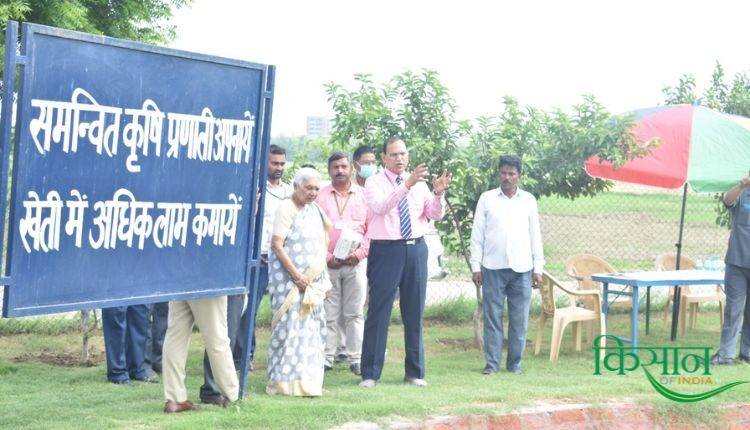
Integrated Agriculture Model as a source of income throughout the year
Dr. Rajiv Kumar Singh, Principal Scientist, Division of Agronomy, Indian Agricultural Research Institute says that the integrated farming model creates opportunities for increasing employment opportunities in the field of agriculture, mobilizing balanced nutritious food for the family, and income throughout the year. It is also helpful in reducing weather and market related risks.
Dr. Rajiv Kumar Singh says that the main objective of this technology is to increase the income of the farmers. Farmers can do poultry farming, fish farming, bee keeping, sericulture, vegetable-fruit production, mushroom cultivation along with their main crop at one place. In this one component is used for another component. That is, animal waste acts as manure for crops. This reduces the cost of fertilizer. There is no dependence on one crop, but the possibility of losses is reduced.
Also Read: Automatic Soya milk Plant: Success Mantra for automatic soymilk plant
Dr. Rajiv explains in detail that if a farmer wants to cultivate with this technique in one hectare area, then he can cultivate crops in about 0.7 hectare. For this, the crop cycle includes berseem-baby corn, maize-mustard-sunflower, maize-tomato-okra, multicut jowar-potato-onion, maize-wheat-cowpea, paddy-wheat-cowpea, gourd-marigold-multicut jowar, tur-wheat-baby corn-brinjal-ratoon brinjal-cowpea crops. Under this system, less cost is incurred for the farmer because more and more productive material like cow dung, vermicompost is supplied from the farm itself.
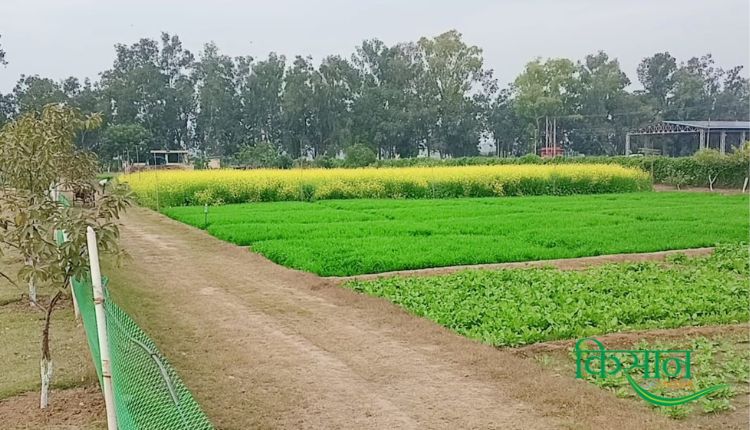
Increase in income from IFS farming
Dr. Rajiv explained IFS technique with an example and said that suppose a farmer has one hectare of land. On this he has been cultivating paddy and wheat in the traditional way. Due to this, he earns one and a half to two lakh rupees in a year. If the same farmer adopts activities like horticulture, fish farming, poultry farming, goat rearing, cow rearing, mushroom production, beekeeping in one hectare except traditional farming, then he can earn an annual income of 4 to 5 lakh rupees.
Benefits of beekeeping and vermicompost
Apart from this, beekeeping can also earn good income. A box costs around 3500. In this way, 2 kg of honey is obtained from a box at a time. Once in about 10-15 days, honey becomes ready for extraction. In this way 4 kg of honey can be obtained in a month. You can earn good profit by selling it in the market. Drumstick cultivation can also be done under agro-forestry system. PKM. 1, P.K.M. 2, and Coimbatore 1 are the major ones. About 40-50 kg of fruits are obtained from one plant in a year.
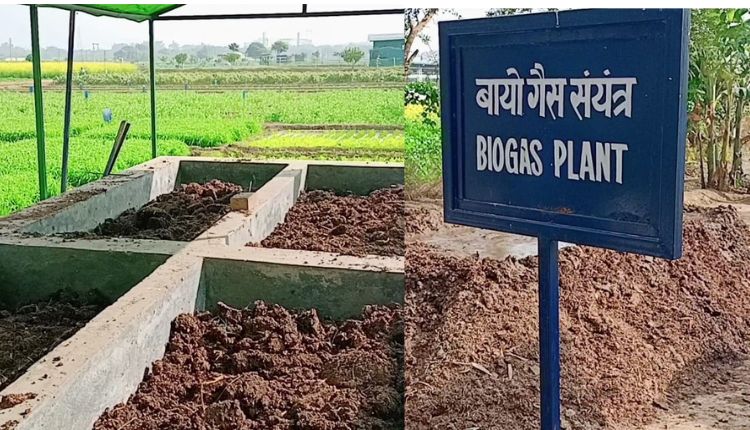
Contact us: If farmers want to share information or experiences related to farming with us, then they can do this by calling us on the phone number 9599273766 or by writing an email to [email protected] or by sending your recording. Through Kisan of India, we will convey your message to the people, because we believe that if the farmers are advanced then the country is happy.


